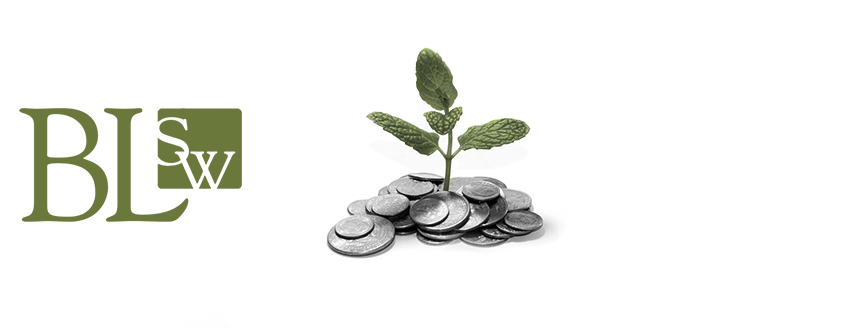There are many things a business owner can do from the get-go to improve their chances of a favorable outcome in the debt collection process. The most important tip is to start out on the right foot. Get a contract before you start work for any client- regardless of how small the transaction may be. Now when I say, get a contract, I don’t mean simply slap some words together on a piece of paper. Make sure your contract is enforceable. “Enforceable Contracts” have specific clauses in them, such as the specific amount of money you are owed for the goods and/or services you will be providing. Enforceable Contracts also contain a specific description as to what these goods/services are as well as what your duties are regarding the transaction (if any). Enforceable Contracts are contracts that have been executed by both parties which means both you and your client have signed the contract. Further, Enforceable Contracts will contain wording that indicates if payment does not occur as outlined in the contract, you are able to sue for not only the amount owed to your business, but for any attorney and court fees you may have paid along the way. Without this precise language, you may only be eligible for reimbursement if your lawsuit involves a specific statute or law and you are able to demonstrate it has been breached. Specific contractual elements such as these (and there are others to consider), illustrate why it is so important to have your business’s contracts drafted by a competent, experienced business attorney. Without the “right” wording in the “right” kind of contract, you may have real difficulty collecting on debts owed to your business. Now, this doesn’t mean you need to pay a lawyer to draw up a contract every time you take on a new client. What I am suggesting is you have an attorney produce a standard contract that you can use for all clients. While it may be a template for you to use, the wording will be specific to your business. A proper contract will protect your business and make the collection process much easier in the long run.
Another important tip is to always be nice and presume good faith. If 30 days have passed since the payment due date on an invoice, and you haven’t been paid, its time to reach out to your client and inquire as to when you can expect payment from them. Politely ask if they received your bill, if they have questions or if they are having issues paying for your services. Try to get a feeling for the level of commitment they have regarding paying their bill with your business. Failing successful attempts to collect payment on your own, you may, at this point, need to consider hiring an attorney to assist you in collection of the debt. An experienced business attorney will draft an articulate demand letter. Should the demand letter be ignored, it will be followed up by a lawsuit. Upon receiving the demand letter or notice of the lawsuit, the debtor has basically 2 options: pay or explain to a judge why they do not feel they need to pay your business for its service.

What if the client can’t or won’t pay?
If the client that owes you money can’t pay the total amount due right away but will agree to pay off the debt over time, your attorney can write up either a “Promissory Note” (if the client agreed to do this before going to court) or a “Stipulated Judgment” (after a lawsuit has been filed). Both the promissory note and stipulated judgement are documents that describe the new payment plans and will be signed by the debtor to acknowledge their agreement to the terms. If the terms are not followed, that is they fail to make regular payments per this new agreement, your attorney will have the ability to cost-effectively pursue the matter. With the Stipulated Judgement, the debt is on record with the Court and allows you additional options in trying to collect on the debt.
Should the debtor not work with your attorney to settle the debt or indicate they have no intention of paying, you will most likely be looking at a court date. Having a solid, executed contract in hand is most likely what will make or break your day in court. As I discussed earlier, if the contract is vague, unsigned or doesn’t reflect accurate information, don’t anticipate a favorable ruling.
Best practices when collecting debt
Keep in mind that throughout this process, professionalism and kindness is key. In fact, the Federal Fair Debt Collection Practices Act is set up to protect consumers and debtors from overly aggressive, abusive or illegal collection processes. The act itself lays out a protocol one must follow when trying to collect on a debt. This includes using the “correct” language in demand letters and in verbal interactions with those who owe your business money. Attorneys who write demand letters for a living will know what they can and cannot say or do in collections matters. Therefore, it is very important to use an attorney to draft demand letters; so, you can be assured the proper rules are being followed. Judges tend to not look favorably upon business owners who have harassed, stalked or verbally assaulted others, even if they are rightfully owed significant amounts of money.
Ready to speak to an Attorney?
Contact us or give us a call at 505.848.8581
Business Law Southwest, LLC.
Business Law That Makes Business Sense.
A Slingshot company.






